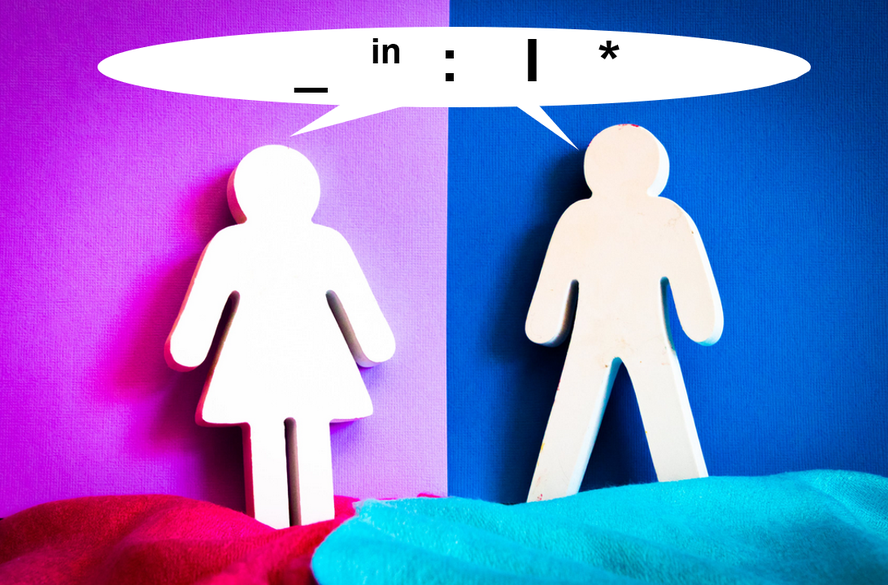Internet images further strengthen gender emissions than texts

Internet images emit more genre than texts, according to a paper published in the journal Nature. In addition, they have demonstrated greater influence on thought. Therefore, given that image consumption is increasing, further research is essential to better understand this phenomenon and to make the Internet a fairer and more inclusive future.
The research, conducted by a group of researchers from the USA, Canada and the UK, is the most extensive on this topic. In particular, over one million images and texts from Google, Wikipedia and IMDb have been analyzed based on 3,500 social categories, both professional (firefighter, doctor, teacher…) and roles (neighbor, caregiver…). Images have been classified by sex suggested by faces (2% were classified as non-binary, but as the study was based on perceived sex they were rejected).
Well, searching with the terms of these categories, they affirm that men are overrepresented in the results, especially in the images. For example, the search for plumbers, police chiefs and carpenters tends more to show the male faces, while the ballet dancer, hairdresser and nurse show the female faces. In the texts the trend is less marked. For example, in Google Images, the gender issue is four times higher than in Google News.
In addition to measuring the extent of the spillage, an experiment has been carried out in which the possible consequences for users have been analysed. In this experiment, 450 people were asked to search for certain tasks on Google News or Google Images, while a control group searched for random objects. Each participant was asked to rate the sex most related to these tasks. The results show that the people who searched for images had a higher gender emission than the ones they searched for in the texts and the control group. Researchers therefore conclude that images increase evident gender emissions.
They also warn of the growing social importance of imaginary content (Snapchat, Tik Tok…) and the strong gender issue of images generated by artificial intelligence programs. Therefore, the problem is increasing da.Horregatik, for the future internet to be more inclusive, have deemed it necessary to continue researching along these lines and face the trend.





